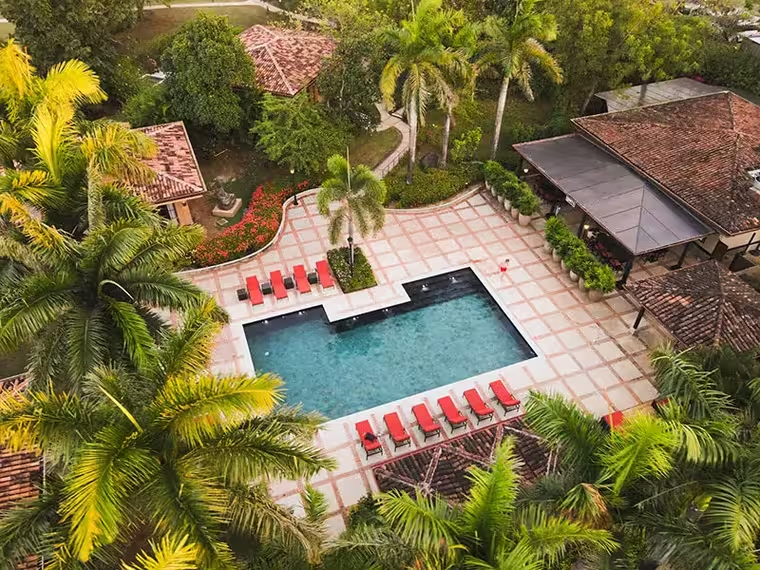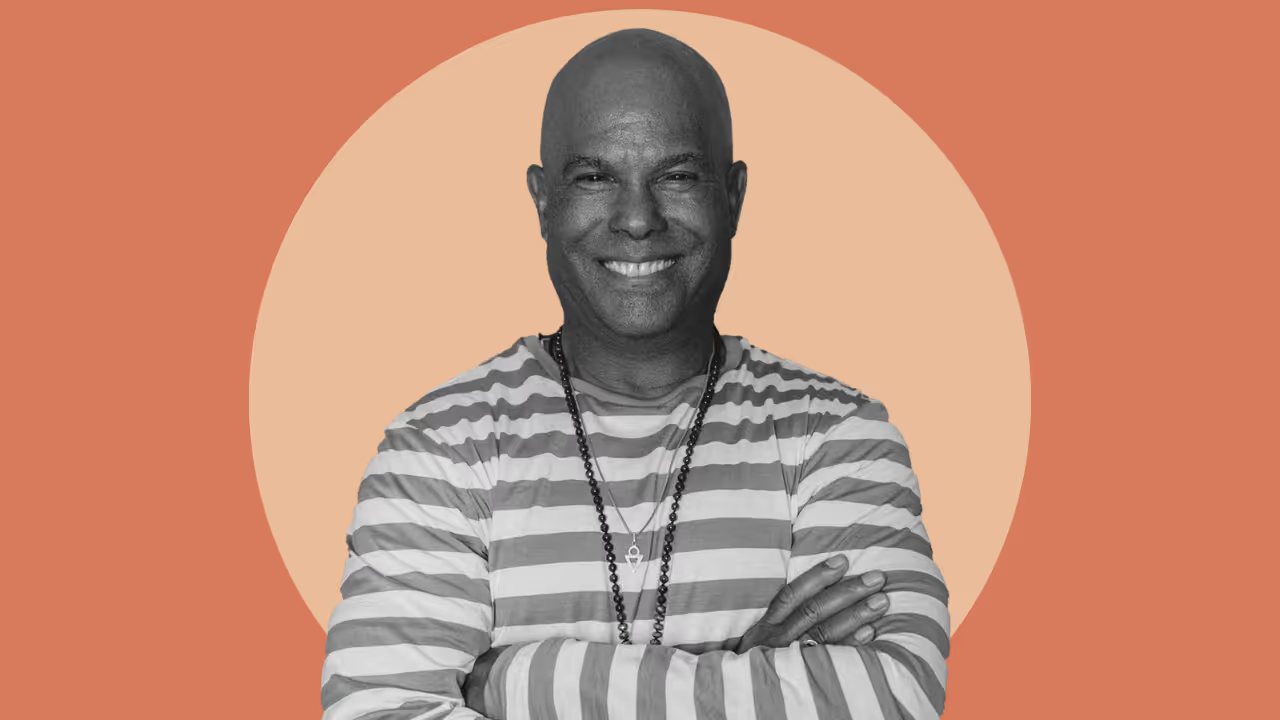The Macaw Repopulation Project at Rythmia


The macaw repopulation project is underway at Rythmia
In June 2022, we announced a partnership with Nicoya Macaw Project to support its effort to repopulate Costa Rica's declining scarlet macaw population in the Nicoya Peninsula.
The Nicoya Macaw Project model farm, located in San José Pinilla, has an adequate hatchery space for the preservation of macaws. The farm is home to roughly 20 pairs of macaws and intends to release 30 per year back into the wild. In 10 years, Nicoya Macaw Project estimates the reintroduction of over 300 macaws back into the wild. Rythmia is currently working with the Nicoya Macaw Project team to develop additional eco-friendly and sustainable habitats to revitalize local macaw populations.
"Through the partnership, [we are] able to better protect and set up new homes for the macaws, with two nests located onsite at the resort," said Gerard Armond Powell, CEO of Rythmia Life Advancement Center. "Rythmia is an ideal habitat, offering a secluded, tropical location with the peace of mind that comes with proper security. We are thrilled to work with Nicoya Macaw Project to create a space dedicated specifically for these birds' care and facilitate the repopulation of the species."
Although it is not on the list of endangered species, the scarlet macaw population has seen a significant decrease in the past several decades. The decline of the scarlet macaw in the region is largely attributed to two factors: the capture of birds for sale and deforestation.
"Unfortunately, years in captivity and human dependence mean many scarlet macaws can never be returned to the wild," says Ismael Carranza Ortiz, Tropical Biologist with the Nicoya Macaw Project. "However, they will be instrumental in our efforts to repopulate the species, as young birds can be released after adapting to the climate and surrounding area. We are planning to accomplish the controlled reproduction utilizing two areas on the resort property set aside specifically for the macaws."
A new generation of macaws is released once they are old enough to have an independent life and have acclimated to the area. Birds are released in Avellanas Beach and their development is closely monitored via identification chips to ensure the continuity of the species. Macaws are completely monogamous, remain in pairs for life, and can live up to 75 to 80 years.
Take the next step
Ready for your life-changing journey?

Transform Depression with Ayahuasca
Watch this educational webinar to explore the therapeutic potential of Ayahuasca in treating depression with Dr. Jeff McNairy and Dr. Mariana Rojas.
Here's what you'll learn in this discussion:
- How people and their brains get stuck in depression
- How Ayahuasca resets the brain of people dealing with depression
- How the Rythmia Way Program helps people reset their lives




